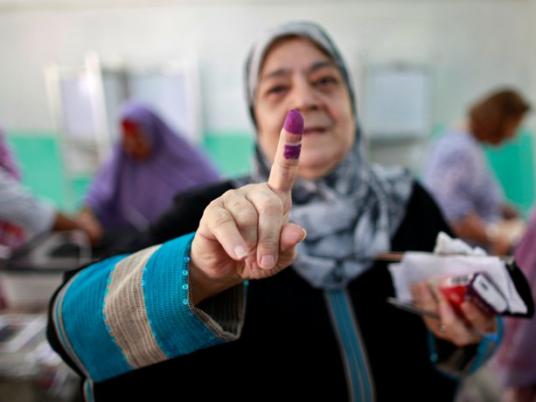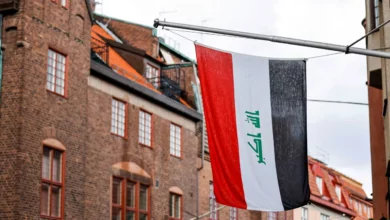A number of opposition party leaders and human rights activists have rejected a recent proposal by Information Minister Anas el-Fiqi to substitute international oversight of Egyptian elections with supervision "by the media," saying that such an arrangement could not be expected to ensure impartiality.
"The regime should decide not to rig the elections in the first place, which it is able to do with or without supervision," said Refaat el-Said, president of the leftist Tagammu Party, going on to question whether el-Fiqi planned to mandate Egyptian state-owned media with electoral oversight.
Democratic Front Party President Ossama Harb said that state-owned media institutions were not even able to supervise themselves. "The free international media should play this role," he said. "But this would embarrass the regime."
Nasserist Party Media Secretary Magdy el-Bassiouni posed the question as to how state-owned media would play a supervisory role if it was not allowed free access to information in the first place.
"Spare us your suggestions," Constitutional Party President Mamdouh Qenawi said in response to el-Fiqi’s proposal.
According to Bahi Eddin Hassan, head of the Cairo Institute for Human Rights Studies, el-Fiqi should welcome international electoral oversight in order to put an end to Egypt’s poor reputation in this regard. "In fact, his proposal suggests an intention to rig upcoming elections," he noted.
Hafez Abu Seda, secretary-general of the Cairo-based Egyptian Organization for Human Rights (EOHR), said that the ruling National Democratic Party stands against international electoral supervision, despite the toll this position takes on its popular credibility. "Both the media and civil society should play a supervisory role," he said.
EOHR trustee Hazem Mounir wondered if el-Fiqi had made the proposal in an effort to prove the integrity of state-run media institutions.
Translated from the Arabic Edition.




